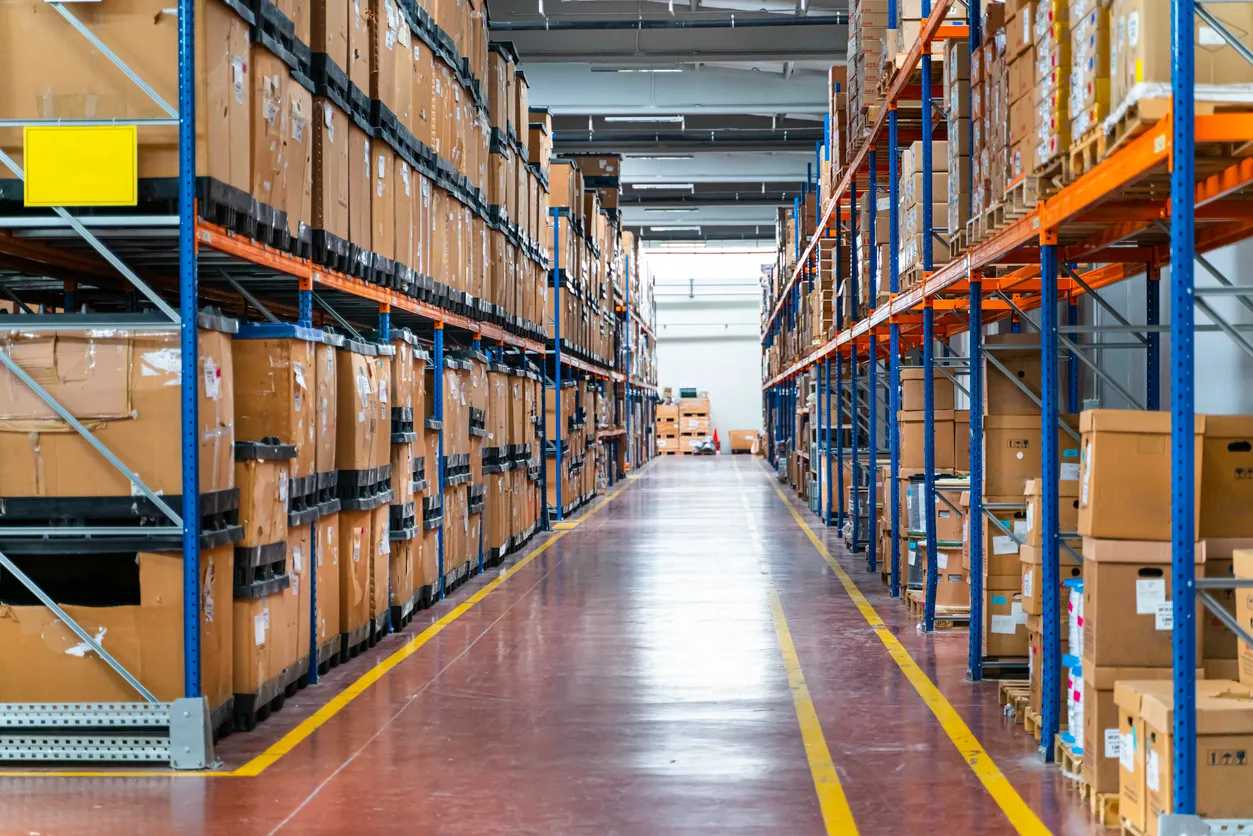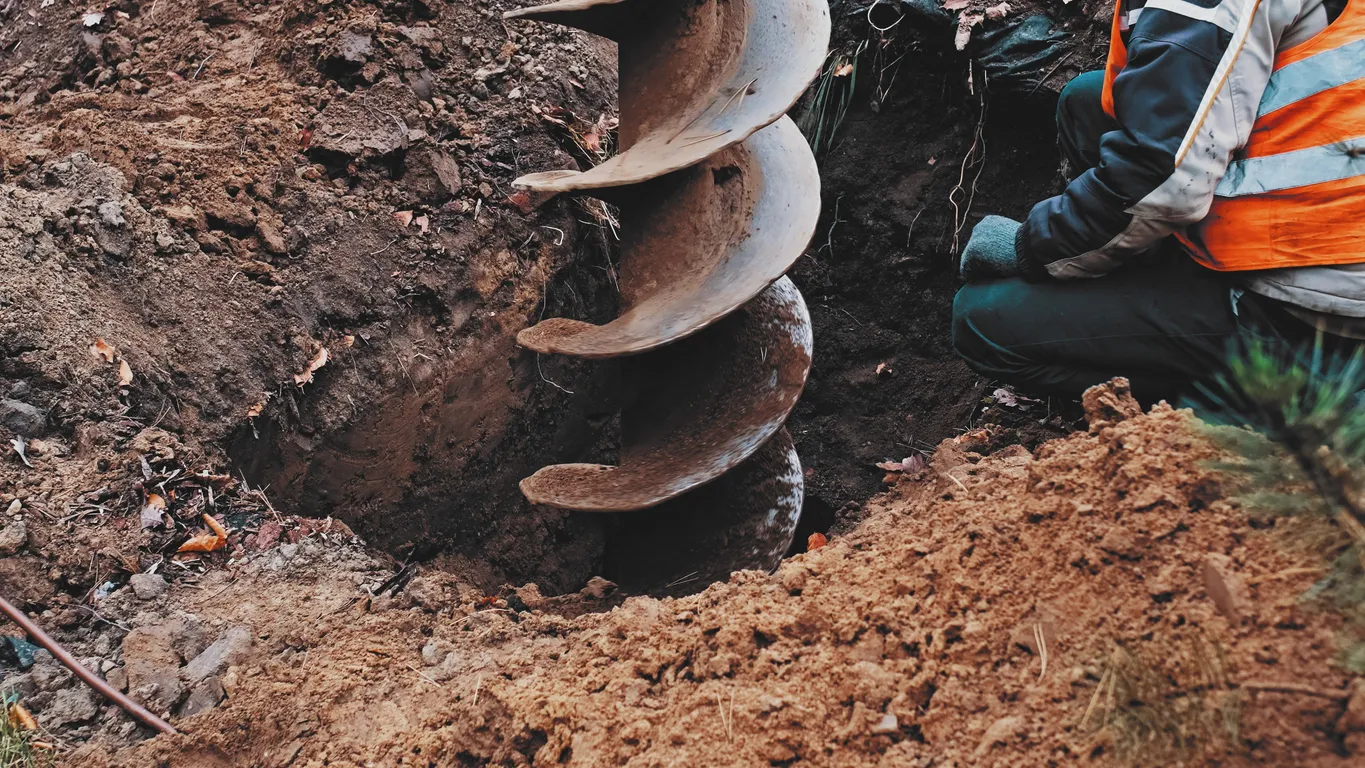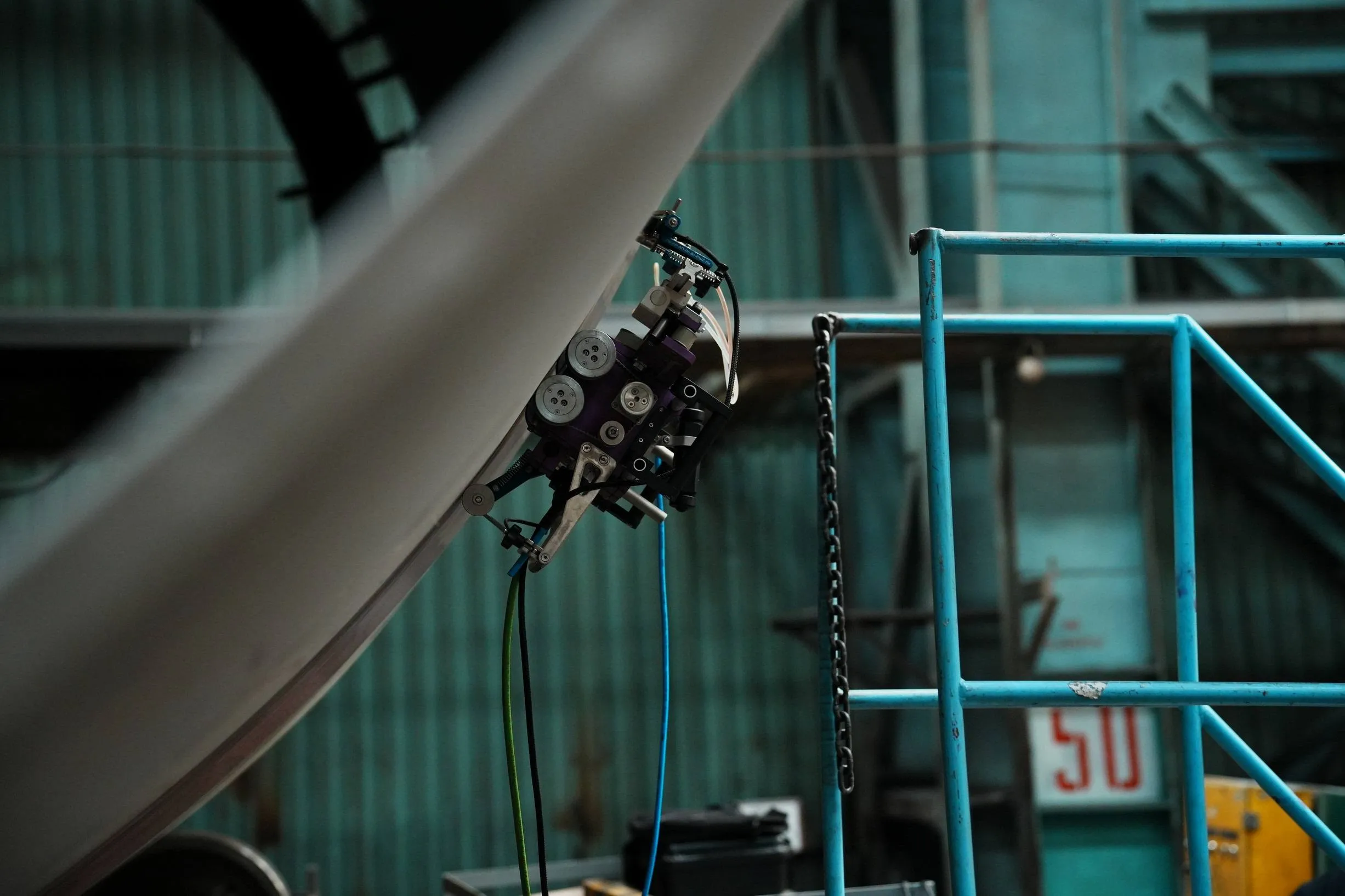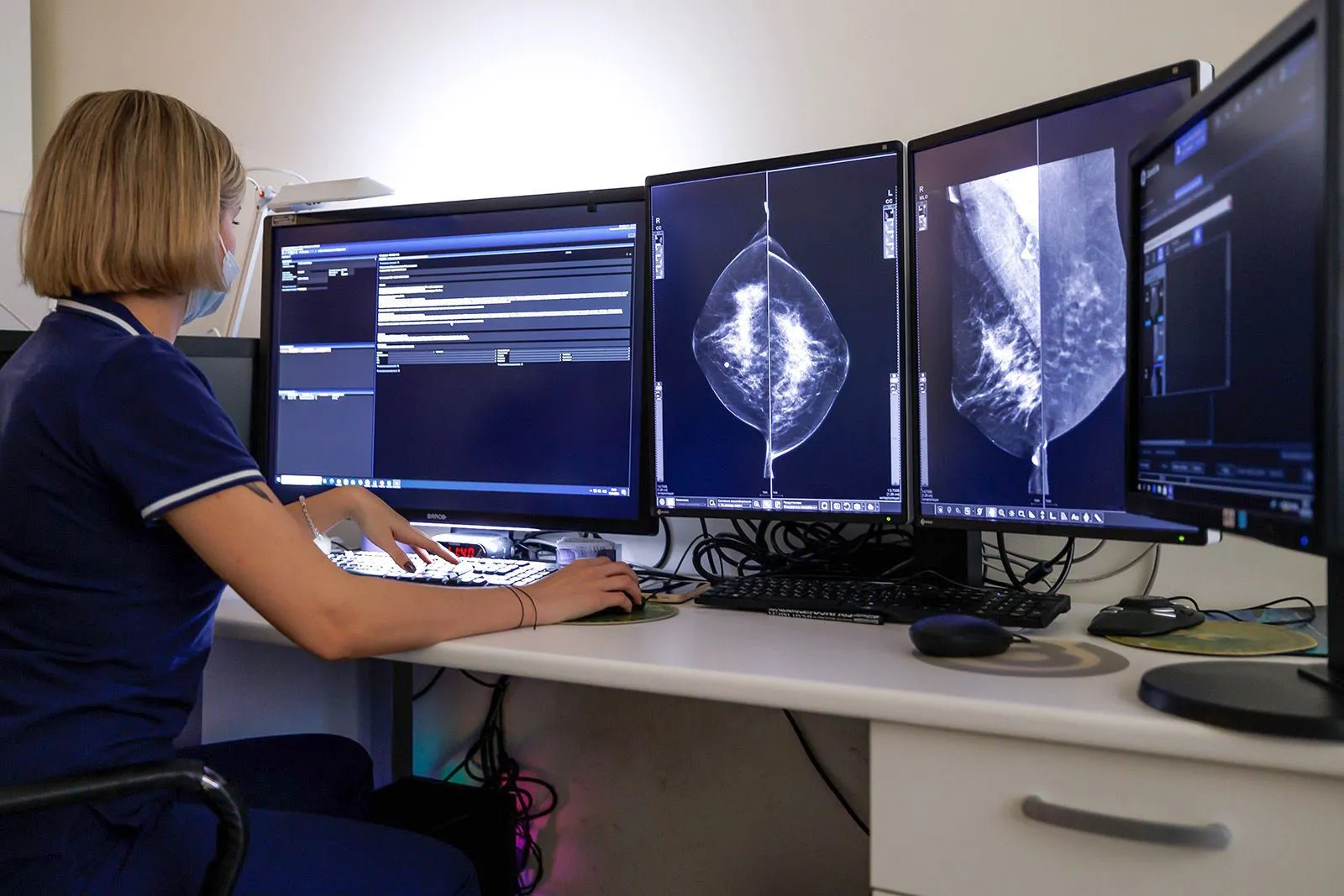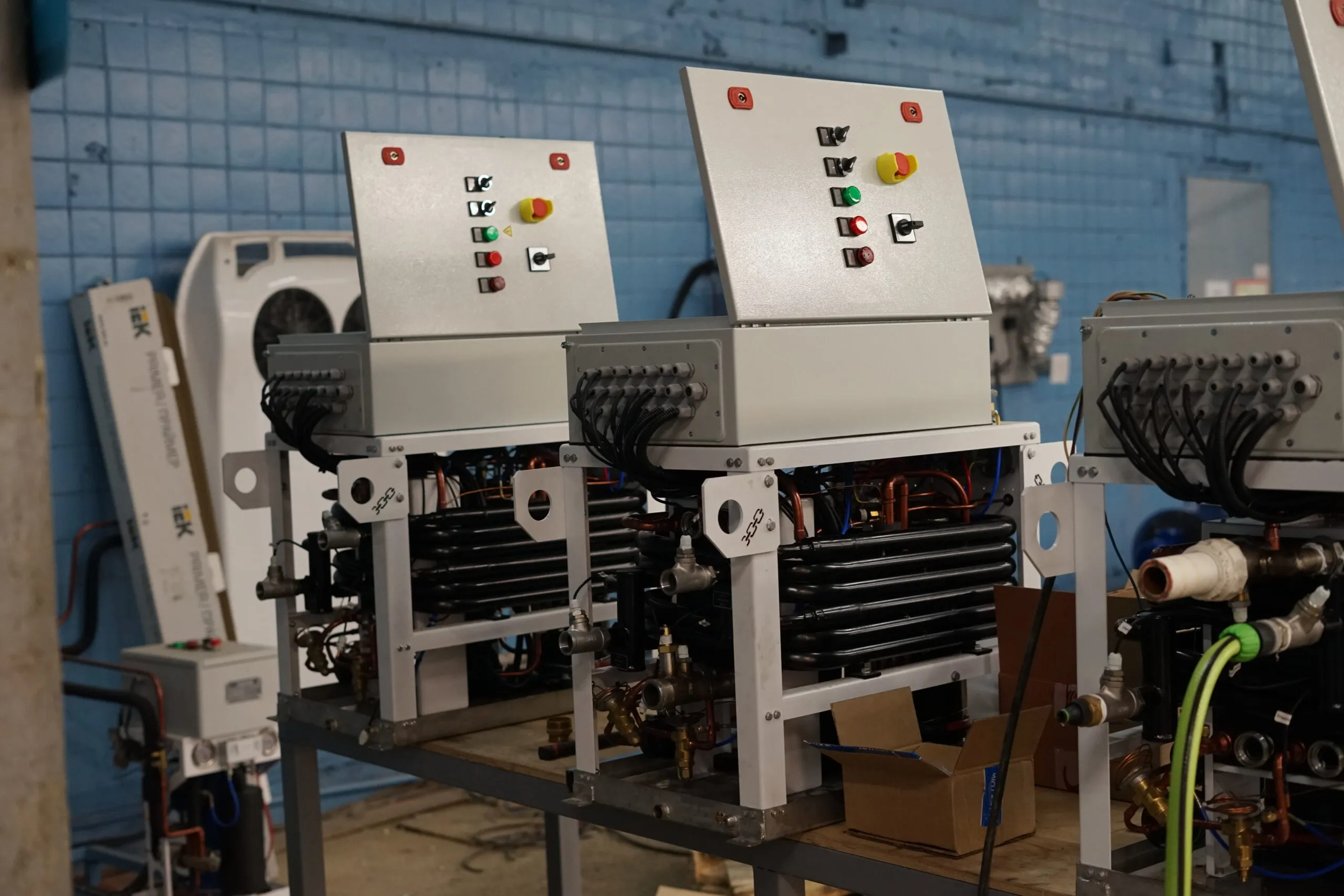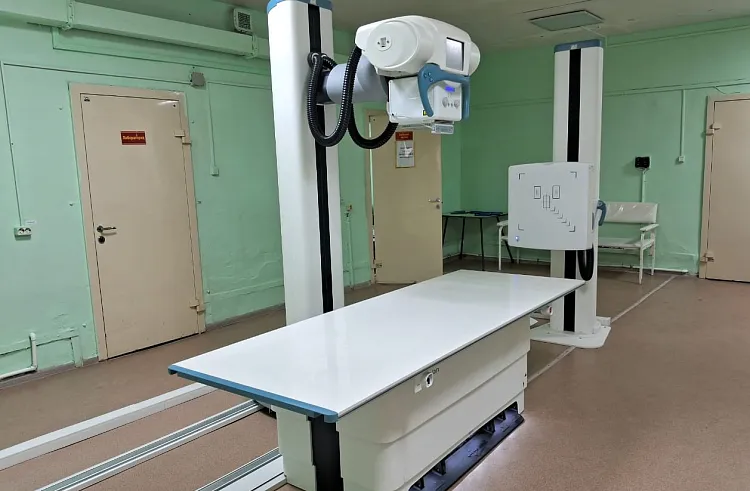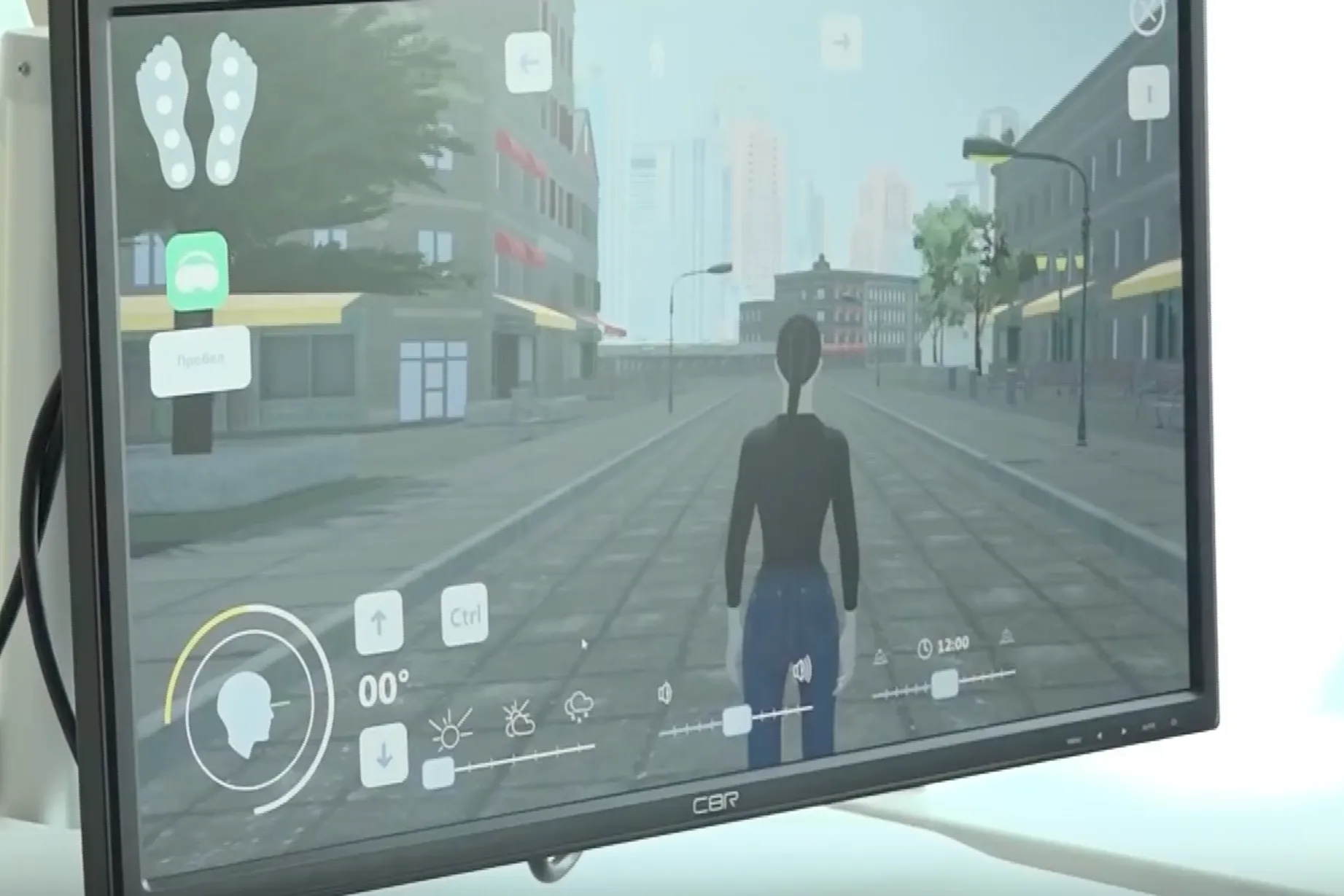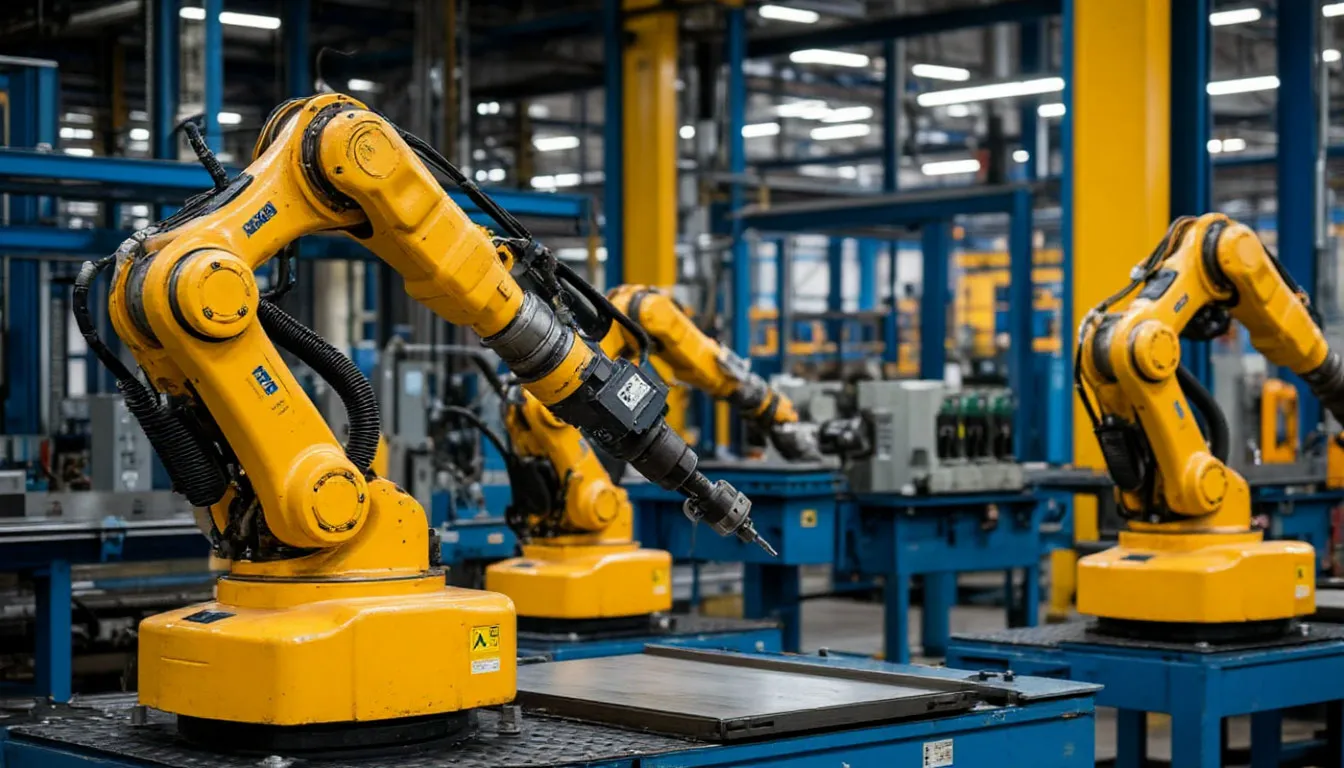Russian Scientists Build a “Digital Analyzer” to Boost Arctic Fuel Quality
A new virtual analysis system predicts fuel performance in real time — a step toward smarter energy production in extreme climates.
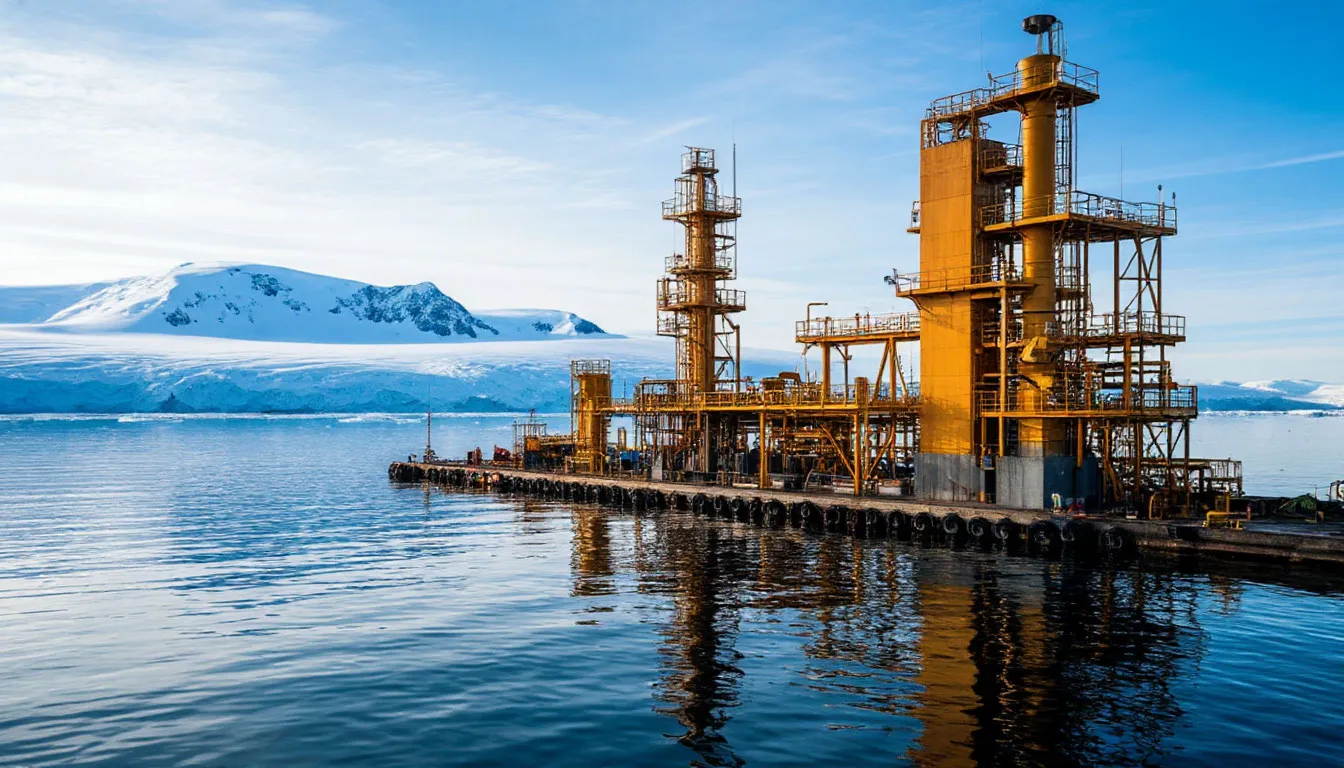
Researchers at the Institute of Automation and Control Processes of the Russian Academy of Sciences’ Far Eastern Branch have developed a digital technology that could significantly improve the quality of specialized fuels and industrial products used in the Arctic. The system can monitor and predict the composition of petrochemical products in real time — something previously impossible in complex production environments.
At the core of the innovation are virtual analyzers powered by mathematical models. Instead of relying on delayed or imprecise lab tests, these analyzers continuously forecast key quality indicators, allowing operators to adjust processes instantly. The technology is especially valuable for producing Arctic-grade fuels and drilling fluids, where even small deviations in chemical composition can affect performance.
Predicting errors before they happen
According to the researchers, the main advantage of the system is its ability to anticipate and correct complex measurement errors, ensuring accuracy even in advanced refining processes.
Experiments conducted on hydrocracking units — a key part of deep oil refining — have already confirmed the system’s effectiveness. “Our tests showed that the average real-time quality estimation error dropped by about one-third compared to traditional methods,” Snegiryov said.
The innovation paves the way for large-scale deployment at Russian refineries and could help improve the reliability of Arctic fuel production in some of the world’s harshest environments — from icebound shipping routes to remote industrial outposts.








